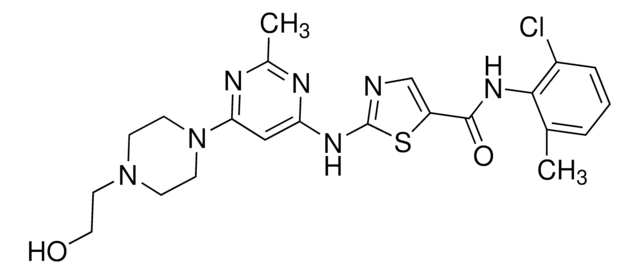17-10400
Anti-phospho-MLKL (Ser358) Antibody Set
from rabbit, purified by affinity chromatography
Sinônimo(s):
Mixed lineage kinase domain-like protein, MLKL
About This Item
Produtos recomendados
fonte biológica
rabbit
Nível de qualidade
forma do anticorpo
purified antibody
tipo de produto de anticorpo
primary antibodies
clone
polyclonal
purificado por
affinity chromatography
reatividade de espécies
human
técnica(s)
western blot: suitable
nº de adesão UniProt
Condições de expedição
wet ice
modificação pós-traducional do alvo
phosphorylation (pSer358)
Informações sobre genes
human ... MLKL(197259)
Descrição geral
RECOMMENDED USAGE:
It is recommended to first perform immunoprecipitation on your sample using the non-phosphorylated MLKL antibody for “total” MLKL protein isolation (see protocol section on page 2 of the Certificate of Analysis); then use the immunoprecipitated sample to detect the phosphorylated protein using the phospho-MLKL (Ser358) antibody via western blot.
Especificidade
Imunogênio
Aplicação
Untreated HT-29 cell lysates or lysates from HT-29 cells treated with Cycloheximide,Z-VAD-FMK and TNF alpha were first immunoprecipitated using the Anti-MLKL “total” antibody (1:1000 dilution) to isolate the MLKL protein.
The isolated “total” MLKL protein sample was then probed with Anti-phospho-MLKL (Ser358) (1:1000 dilution).
Componentes
One vial of MLKL “Total” antibody
Qualidade
Anti-phospho-MLKL (Ser358) Antibody: Evaluated by Dot Blot on phosphorylated and non-phosphorylated MLKL peptides.
Descrição-alvo
forma física
100 µg (concentration: 1 mg/mL) of Anti- MLKL purified polyclonal antibody in 0.1 M Tris-Glycine (pH 7.4), 150 mM NaCl, with 0.05% sodium azide.
Outras notas
Não está encontrando o produto certo?
Experimente o nosso Ferramenta de seleção de produtos.
Código de classe de armazenamento
12 - Non Combustible Liquids
Ponto de fulgor (°F)
Not applicable
Ponto de fulgor (°C)
Not applicable
Certificados de análise (COA)
Busque Certificados de análise (COA) digitando o Número do Lote do produto. Os números de lote e remessa podem ser encontrados no rótulo de um produto após a palavra “Lot” ou “Batch”.
Já possui este produto?
Encontre a documentação dos produtos que você adquiriu recentemente na biblioteca de documentos.
Nossa equipe de cientistas tem experiência em todas as áreas de pesquisa, incluindo Life Sciences, ciência de materiais, síntese química, cromatografia, química analítica e muitas outras.
Entre em contato com a assistência técnica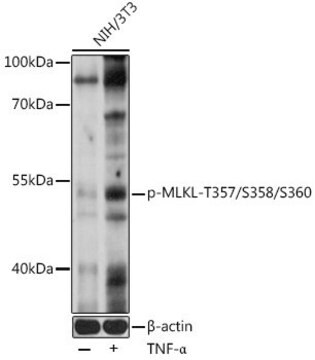
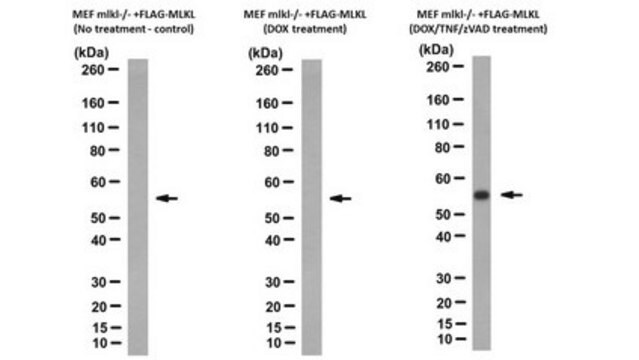

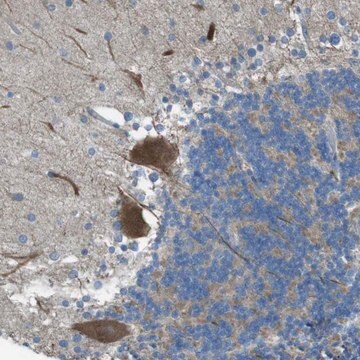

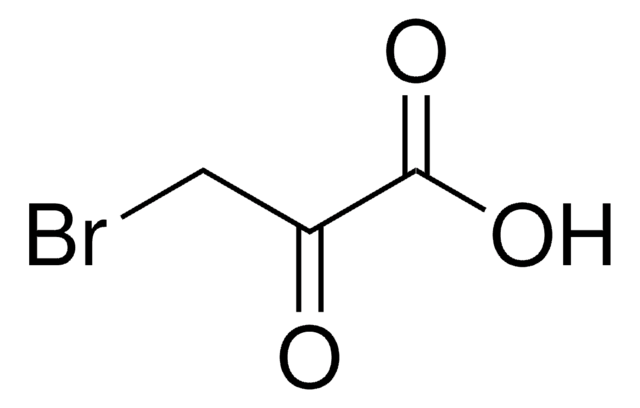
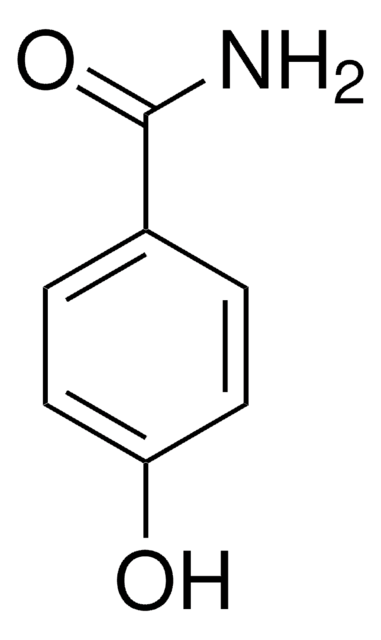
![7-Cyclopentyl-5-(4-phenoxyphenyl)-7H-pyrrolo[2,3‑d]pyrimidin-4-ylamine ≥98% (HPLC)](/deepweb/assets/sigmaaldrich/product/structures/373/481/73848ea9-b1fa-4ae5-8cf0-d135386891ae/640/73848ea9-b1fa-4ae5-8cf0-d135386891ae.png)
